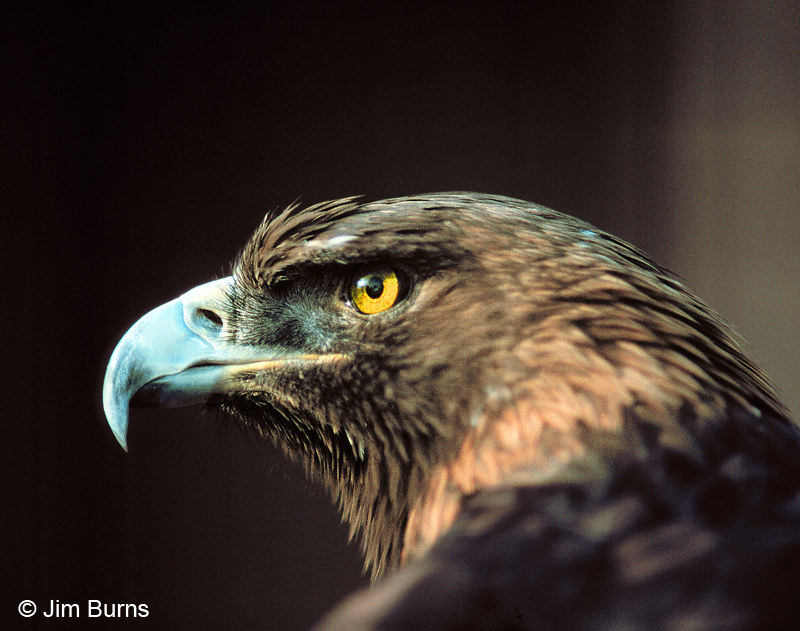
Steve Bodio, born Italian Catholic in Boston but drawn inexorably to the lonesome margins of society in the mountains of the west, is a falconer and an animal lover. If you think these two traits are incompatible, stop reading now. If you see the connection and have empty spaces, faraway places, and eagle lust in your soul, get ahold of this book. It was published in 2003 and isn’t easy to find but is available through Amazon.
As a boy Bodio chanced across a National Geographic photo about Mongolia which featured a Kazakh nomad with a hooded Golden Eagle on his arm. This romantic vision of the birthplace of falconry haunted his daydreams through his adult years as a working journalist and avid falconer until, in his late forties, he was finally able to arrange a trip to the steppes of western Mongolia—“coming home to a place he’d never been before” if you remember the sense and sentiment behind that line from a John Denver song.
Bodio revels in the geophysical parallels between the steppe country and his home near Magdalena, New Mexico (which, incidentally, you drive through on your way from Phoenix to Bosque Del Apache by auto), and he shines a humorous and poignant light on the differences between urban western society and a rural culture beginning to emerge from ancient and traditional ways. He finds that the steppe nomads are adept at blending and adapting technology to their way of life rather than promiscuously embracing all things Western.
Mongolia is a country, after all, that has survived a brutal Stalinist regime and the behemoth that is China as its southern neighbor. Bodio writes unforgettably of a Mercedes passing laden camels on a rocky, roadless spur of the ancient Spice Route, and of his hosts using The Complete Works of Lenin as toilet paper because it is printed on thick stock which “won’t tear under pressure of your fingers.”
Eagle Dreams is an ode to man’s fascination with birds, specifically hunting birds and, ultimately, hunting eagles, the only raptors capable of taking foxes, wolves, and even deer. “Hunting with eagles is an addiction like drugs, like vodka” an ancient Kazakh eagler tells Bodio. The falconer becomes the eagle, both hunters, the bird a physical extension but also a metaphysical extension of the man upon whose arm it rides.
Bodio has been called a “cult” writer, but that says more about our post-modern society than about his writing. I will never have the time to become a falconer, but Stephen Bodio has put Mongolia on my bucket list.